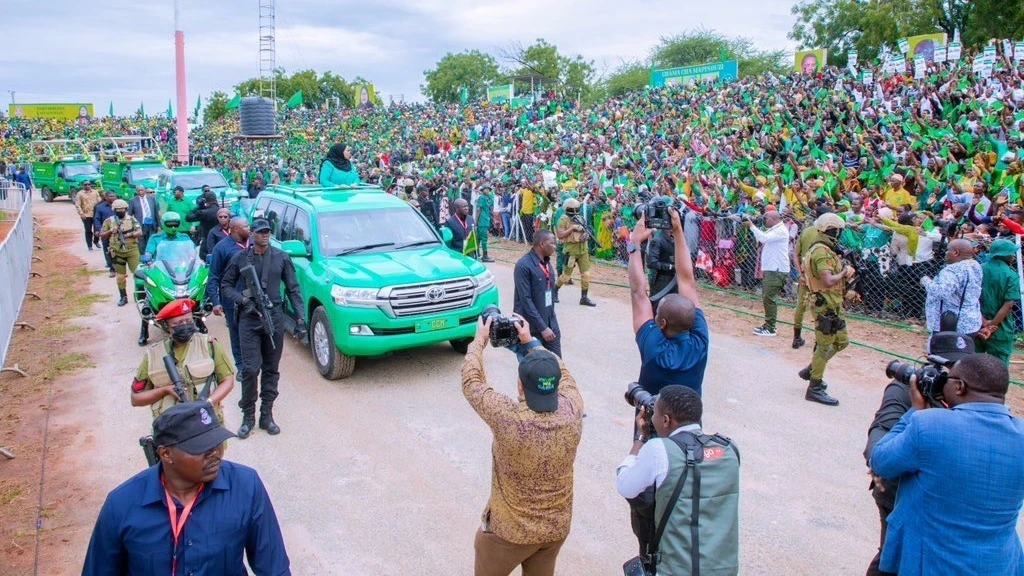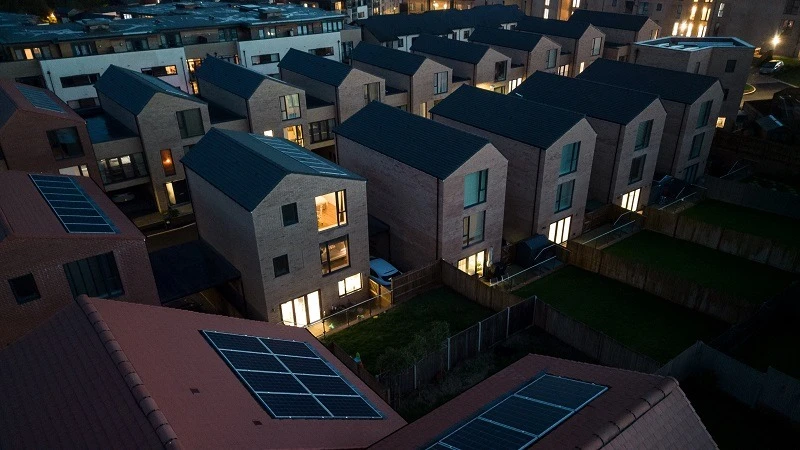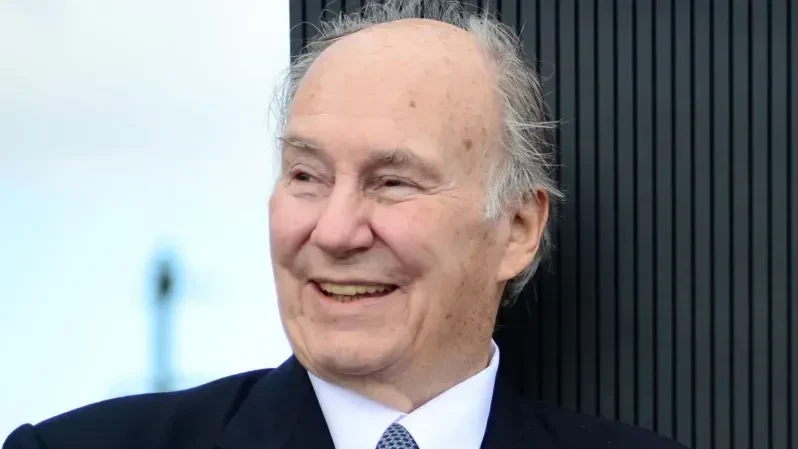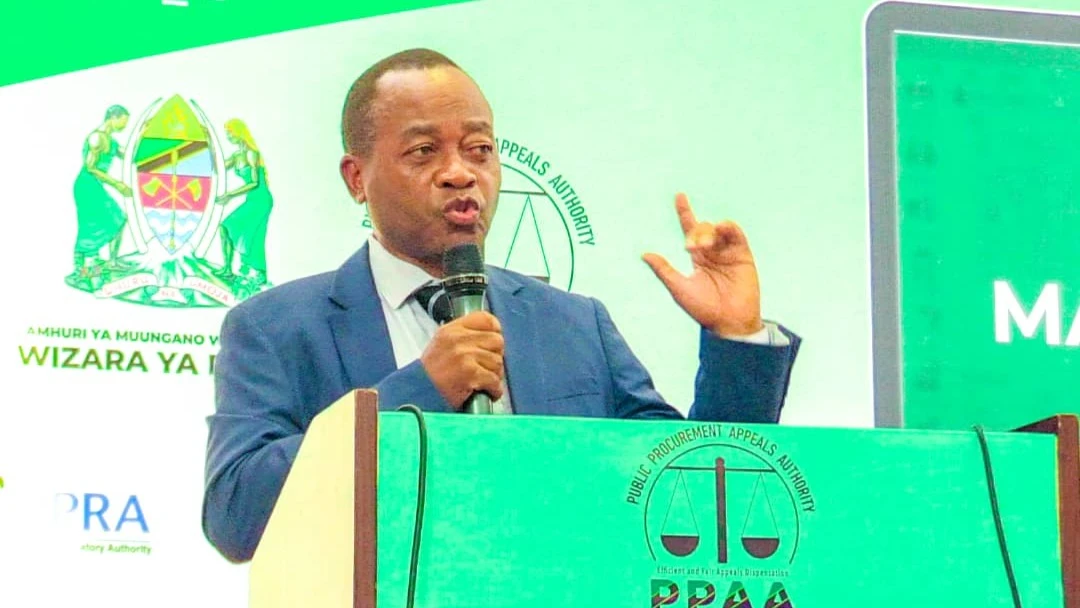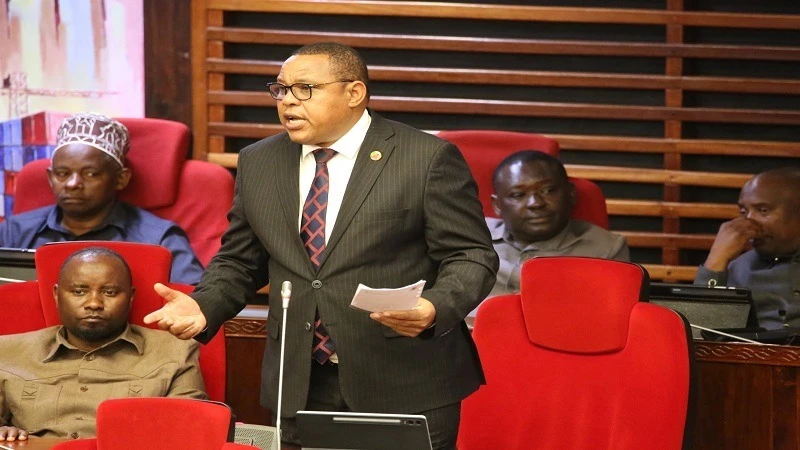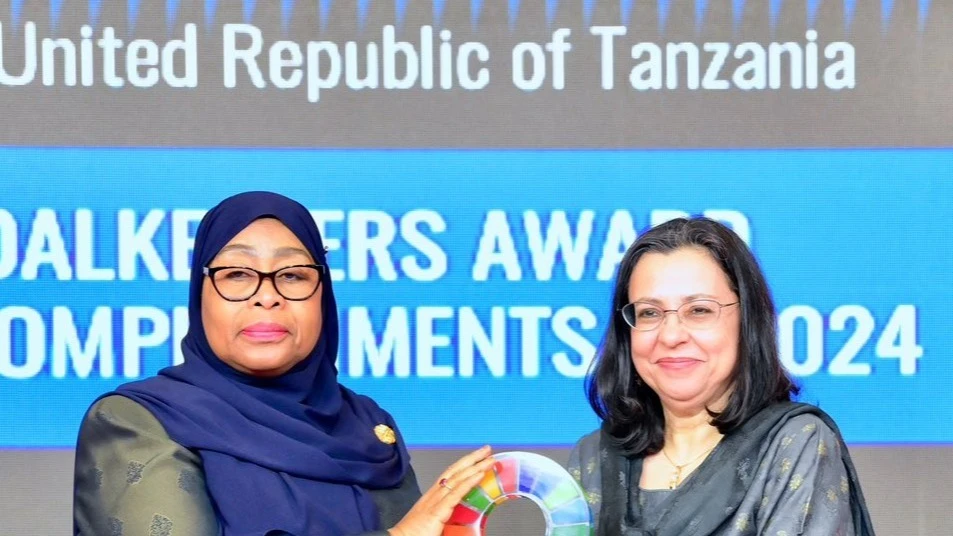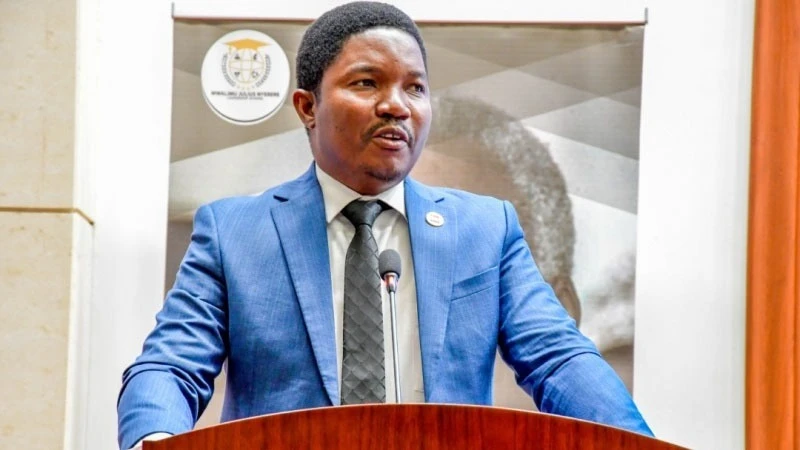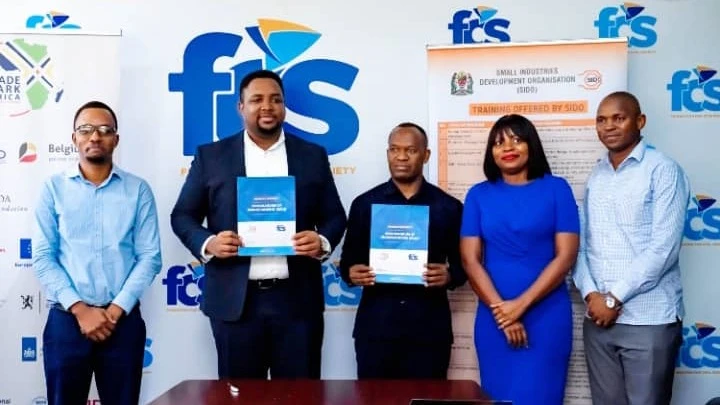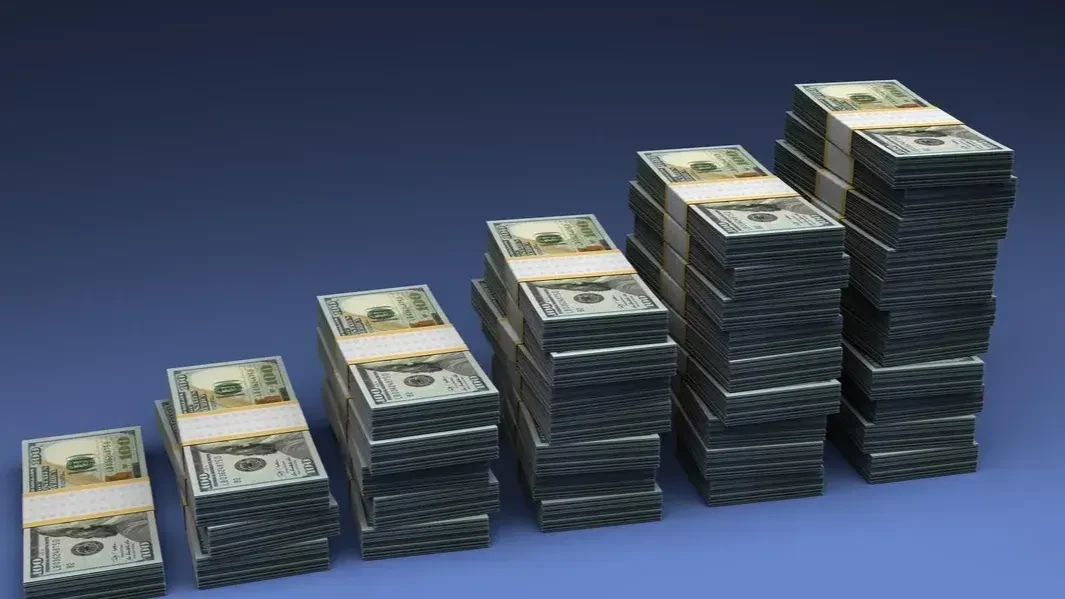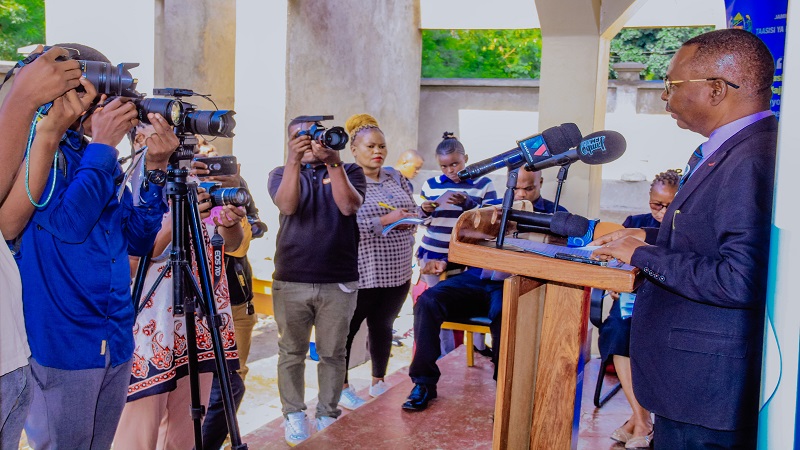Gaza war reminds Vietnam of liberation struggle once shared with Palestine
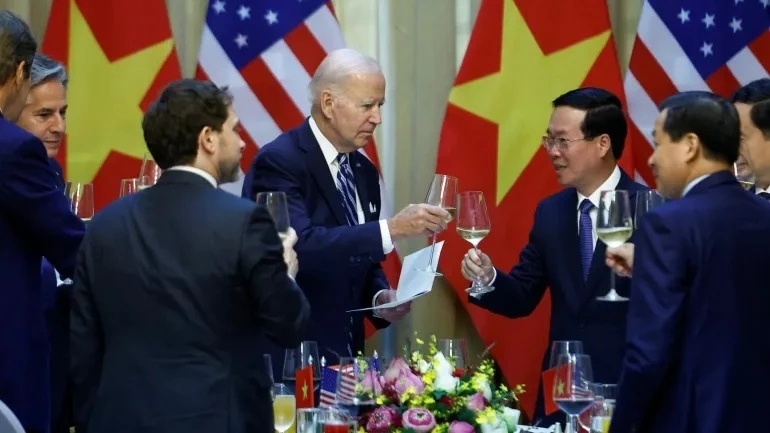
LE HONG Hiep, a senior fellow and coordinator of the Vietnam Studies Programme at Singapore’s ISEAS-Yusof Ishak Institute, described Vietnam’s support for the Palestinian people and their struggle for liberation as “unwavering” during the Cold War and into the 1990s.
"This was partly due to the Vietnamese leadership's belief that the Palestinian cause mirrored their own fight for unification and independence against foreign powers,” Hiep said.
The Palestine Liberation Organization (PLO) established relations with North Vietnam in 1968 and set up a resident representative office after the end of the war in Vietnam in 1975. The office soon became the embassy of Palestine in Vietnam.
“In the 1990s, Vietnam also welcomed Palestinian leaders, including Yasser Arafat, on many occasions. The official stance of Vietnam on the Israel-Palestine conflict has consistently been in favour of Palestinian self-determination and the establishment of a Palestinian state," Hiep said.
On the Palestinian side, the bonds of that friendship were summed up by Darwish in 1973 as the war in Vietnam entered its final phase with the signing of the 1973 Paris Peace Accords, which ended direct US military combat in the country.
"In the conscience of the peoples of the world, the torch has been passed from Vietnam to us,” the poet said.
But times have changed.
So has Vietnam’s memory of its solidarity with Palestine.
Pro-Palestine activists whom Al Jazeera interviewed said they had a hard time persuading their parents that the Palestinian cause was just.
Hung said his parents had initially reacted to the war on Gaza by blaming “those terrorists” who had “started it first”.
“I myself have to spend time explaining to them the history of the matter going back to 1948. Only after that did they change their minds," Hung said.
Saadi Salama, the Palestinian ambassador in Vietnam, said local media bear a large degree of responsibility for a lack of public awareness in Vietnam about events in Palestine.
Initially working at the PLO residence in Hanoi as secretary of information in the 1980s, Salama has decades of experience in Vietnam. But over the past 10 years or so, he said, information on the Palestine issue has appeared much less frequently in local media. What does appear is presented in a perfunctory way, he said.
"Most people have a vague notion of what is actually happening in Gaza and the West Bank," Salama said, explaining that local journalists often lack expertise on the subject of Palestine and Middle East issues.
“As a result, they shy away from writing deep analyses on the matter, opting instead to uncritically copy and paste from Western sources without providing context to the readers,” he said.
There are rare exceptions, Salama admitted, but not enough to make a difference to a generally negative impression of Palestine at a time when there is a positive impression of Israel in Vietnam.
"For Vietnamese, Israel is now the symbol of development, a ‘start-up nation’,” Salama said.
“They don't see Israel's undersides.”
How Israeli settlers are expanding illegal outposts amid Gaza war
Dinh Le, a well-known book market area in the centre of Hanoi, is located just a short walk from the venue where Hammad spoke about Palestine and his childhood.
While a visitor would be hard-pressed to find books about Palestine here, there is no shortage of Vietnamese-language copies of Start-Up Nation: The Story of Israel's Economic Miracle, a 2009 book by Dan Senor and Saul Singer.
Republished by AlphaBooks, which is best known in Vietnam for its business and pop science titles, Start-Up Nation has become a best seller in Vietnam.
According to figures available on the website of Vietnam’s Ministry of Information and Communication, the book has enjoyed more than a dozen reprints with more than 2 million copies published.
More than 1 million copies of Start-Up Nation were, according to the ministry, ordered for distribution by one of Vietnam’s leading entrepreneurs who runs a project to distribute inspirational books free of charge in fields such as business, science and philosophy.
Some see the popularity of the book in Vietnam as central to a flattering image of Israel among the public and often a positive characterisation of Israel in Vietnam’s media.
Israel’s popular appeal also coincides with a critical juncture in Vietnam’s modern history, experts said.
Since the late 1980s, Vietnam has carried out economic reforms, known as Doi Moi, which have seen the country embrace free market-oriented development and the promotion of entrepreneurship.
At the same time, Vietnam’s foreign policy has prioritised national interests and independence over what once would have been described as "ideological purity" during earlier, revolutionary times.
Although officially called the Socialist Republic of Vietnam, the country has long welcomed foreign capital and has worked to normalise relations, mostly on the basis of economic cooperation, with countries and blocs previously considered in bygone times to be enemies.
Vietnam’s policy approach, known as "bamboo diplomacy" owing to its flexibility and pragmatism, has allowed the country to forge a significant partnership with Israel in the “areas of economics, technology and security”, Hiep said.
And it is likely the fear of jeopardising ties with Israel that explains why “Vietnam has been more hesitant to express strong support for Palestine despite maintaining sympathy for their cause." he added.
Top Headlines
© 2025 IPPMEDIA.COM. ALL RIGHTS RESERVED











